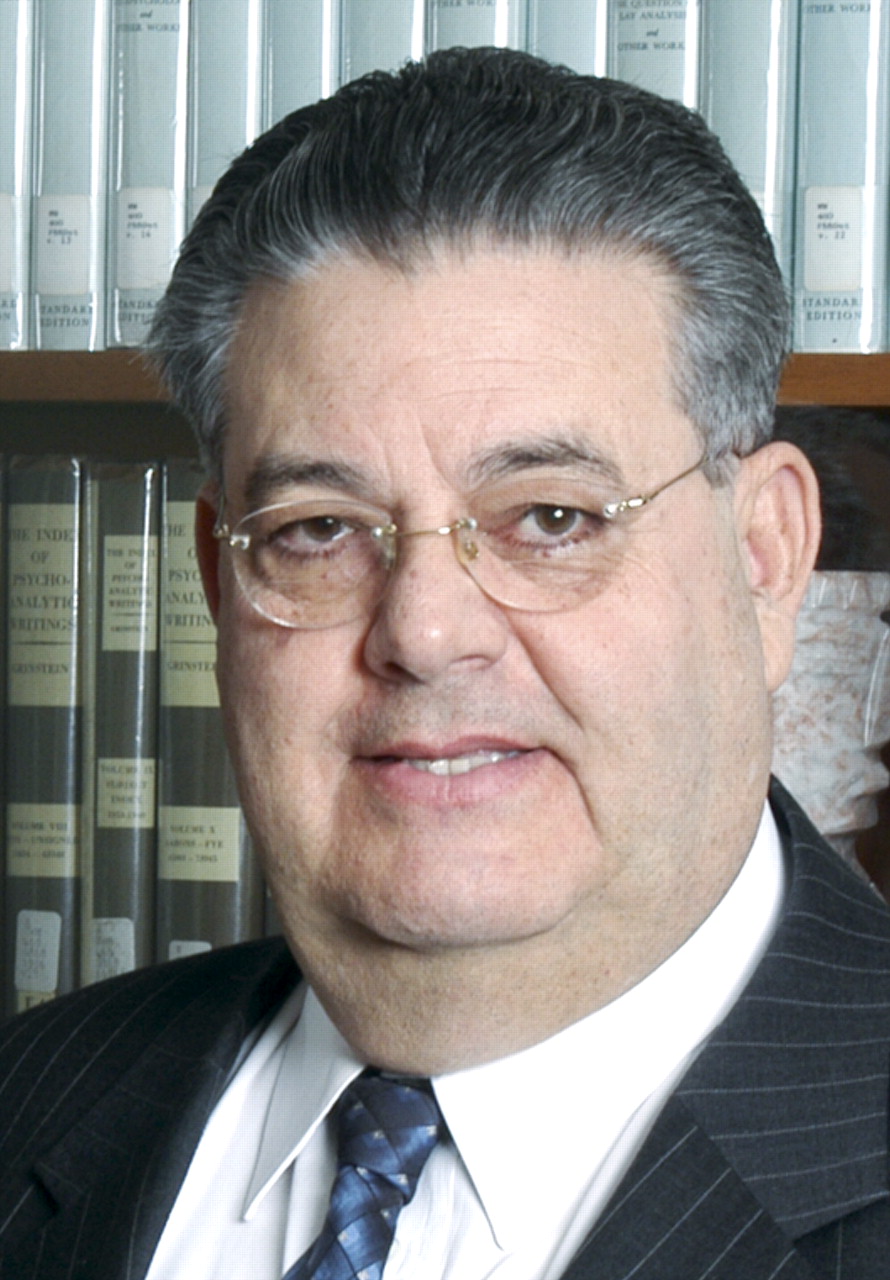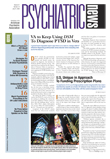Spurred by my attendance at the annual meeting of the American Association for Geriatric Psychiatry (AAGP) in Puerto Rico last March, I decided to devote this column to the mental health needs of older adults.
Interest in this population is burgeoning as evidenced by the excellent turnout at the AAGP meeting—about 1,200 people. Leading geriatric psychiatry into the future is AAGP's impressive and committed leadership: Dr. Dan G. Blazer II as past president, Dr. Christopher C. Colenda as president, and Dr. Gary Moak as president-elect, as well as Christine de Vries, AAGP's executive director.
Several facts help explain the rising interest in America's older citizens. According to the AAGP, about 32 million Americans are now aged 65 and over. While they make up 13 percent of the U.S. population, they account for 19 percent of all suicides—the highest suicide rate of any age group. By the year 2010, there will be about 40 million older adults in this country, and it is estimated that more than 8 million (or 20 percent) will experience mental health problems. That number will only increase as successive waves of baby boomers reach the traditional retirement age.
A major barrier to access to care for the elderly is inadequate reimbursement for psychiatric services under Medicaid and Medicare, and serious workforce shortages only add to the problem. There are only 2,700 board-certified geriatric psychiatrists and 500 to 700 geropsychologists. Other factors that prevent older Americans from getting the care they need are denial of their conditions, reluctance to seek care due to stigma and insensitivity among some sectors of society, failure of clinicians to detect and diagnose mental conditions among older adults, insufficient funding for mental health programs directed to older adults, and lack of“ medigap” insurance coverage.
These factors present a formidable challenge since currently about 20 percent of persons over age 55 suffer from mental problems unrelated to age. The most common of these conditions are anxiety disorders, cognitive disorders, and mood disorders. Schizophrenia and personality disorders are less common among older adults. Moreover, declining health, loss of loved ones, and chronic conditions put older adults at higher risk for mental health problems.
APA and AAGP continue to fight for parity for mental health benefits under Medicare, but for now we are saddled with a system in which the copay for most mental health services is much higher (50 percent) than for most other medical services (20 percent). The discrepancy is nothing less than tragic: 70 percent of older adults who commit suicide see their primary care professionals within one month of committing suicide. It is not an overstatement to say that many of these suicides could be prevented if seniors were given the same coverage for mental health services as they have for other medical services.
Substance abuse is another common condition among older adults, and yet substance abuse treatment is not covered by most medical insurance plans for this population. About 45 percent of older adults over age 55 drink alcohol—that is, 36 million persons. In 2000, about 1.7 million older adults were in need of substance abuse treatment; in 2020, this number is estimated to be about 4.4 million.
The most common substances used or abused by older adults are marijuana, prescription drugs, and cocaine. Comorbid conditions are very common, frequently leading to poor outcomes; decreased quality of life; and increased health care utilization, disabilities and impairment, caregiver stress, mortality, and suicide.
In March Dr. Blazer warned a congressional subcommittee about “the impending public health crisis caused by an unprecedented increase in the burden of mental illness among aging persons, especially among the baby-boom generation.” He presented a list of recommendations to stem the crisis, including increased funding for research on aging and for the Mental Health Outreach and Treatment for the Elderly program and funding restored to Fiscal 2005 levels for the geriatric health professions program under the Public health Service Act.
APA and the AAGP have a long history of working together on mental health issues that affect the elderly and will continue to address ways to overcome the many barriers to care our seniors encounter. To be as effective as possible in this quest, we also need to collaborate with patient-oriented groups.
Older Americans are among the most vulnerable people in this country to inhumane care. Let's secure for them access to the full range of acute and long-term psychiatric services that will help them maintain a satisfying quality of life and remain in the community for as long as possible. These services must include home-based care, crisis-intervention services, respite care and other services for caregivers, and programs geared to special populations, such as racial and ethnic minorities. Let us not stop our efforts until we fulfill our professional responsibility to our seniors. ▪

